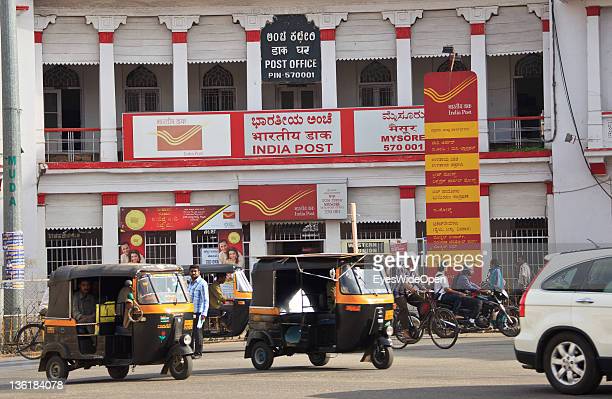The Indian Post is embracing change by integrating Financial Technology (FinTech). An institution believed to have remained pivotal to Indian society for decades and is known for doing its best to sustain the communication chain between millions in India. This historic establishment faces the threat of being inactive in a fast-developing world that embraces technology. In a bid to stay functional, the postal service has opted for the path of Financial Technology. Hence, meeting the demands of Indians and simultaneously advancing the country’s revenue by becoming profitable.
The postal service industry is popularly known to deal with parcels, registered letters, business and express post. However, as digital technology continues to penetrate countries around the globe, the need for financial technology increasingly becomes essential. For the India Post services like railway ticket booking, India Post Payments Banks, which helps bring the banking services to the comfort of people in their residence, has aided in reducing the numbers in public spaces and ensuring the safety of Indians from the pandemic. The advent of the pandemic has prompted a speedy increase in the use and demand for digital finance, and this increase saw a record of 1.3 billion digital transactions per month in 2020. In its quest to change the downward revenue trajectory, the India Post has sought to explore the “Gold Mine” in the FinTech industry.
Essentially, the dive into Financial Technology by the India Post will generate new sources of revenue income for the country while, in the same vein promoting financial and digital literacy among millions of Indians.
India in focus
Population: 1.38 billion in 2020 as compared to 1.36 billion in 2019
GDP: $2.623 trillion compared to $2.871 trillion in 2019
GDP per capita: $1,900 in 2020 compared to $2,100 in 2019









